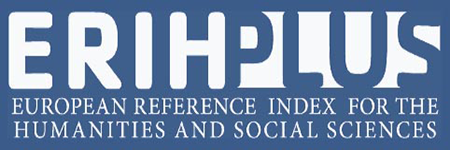No. 26 (1994): International Cooperation Management

In the future, the volumes of economic aid of the 1980s, estimated at approximately US$14 million delivered to the countries of the area between 1981 and 1991 by foreign governments and non-governmental organizations, will probably not return to Central America.
Currently, there are other priorities in the world that need to be addressed with international cooperation resources, such as the Middle East, Africa, Asia as well as the former socialist countries of Eastern Europe.
This results in an inevitable trend of diminishing resources to the region, and thus presents us with the dilemma of "doing more with less".
The change in the flow of international cooperation has created a new situation in which there are both positive and negative aspects. Thus, cooperating countries such as the European Union, the United States, Canada and Japan are becoming more and more concerned about the destination of the funds they provide in order to avoid a repetition of the experiences of corruption and bureaucratic "spider webs". However, there are still obstacles that hinder the delivery of funds to grassroots populations. Among the most serious problems are: very high operating costs, projects formulated from the desk, low institutional capacity to execute them, failure to meet objectives, actions with little social impact, lack of measurement of results and poor compliance in reporting. The list could go on and on, demonstrating the need to develop management capacities in this area.
In response to this situation, the Central American Institute of Public Administration (ICAP), with financial support from the Special Economic Cooperation Plan for Central America (PEC) of the United Nations Development Program (UNDP), has been implementing a training program to address these problems. More than 40 Central American public officials have participated in this program and have been trained not only in aspects of management, information, negotiation of international cooperation, mechanisms and procedures of bilateral and multilateral organizations, but also in methods and techniques for training third parties, because the goal of this program has been to have a broad group of officials from all levels of the state apparatus, the private sector and regional institutions that contribute to modernizing the management of international cooperation in the region.
In this way, we help to guide the efforts and good intentions of international cooperation, so that its results reach those groups that really need it.









